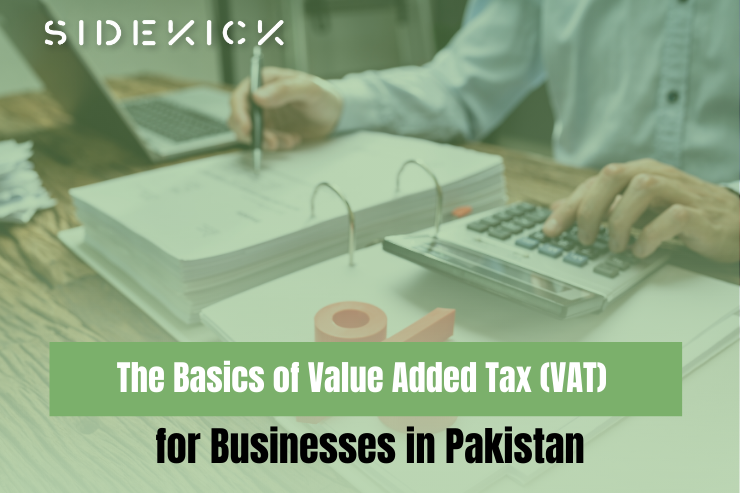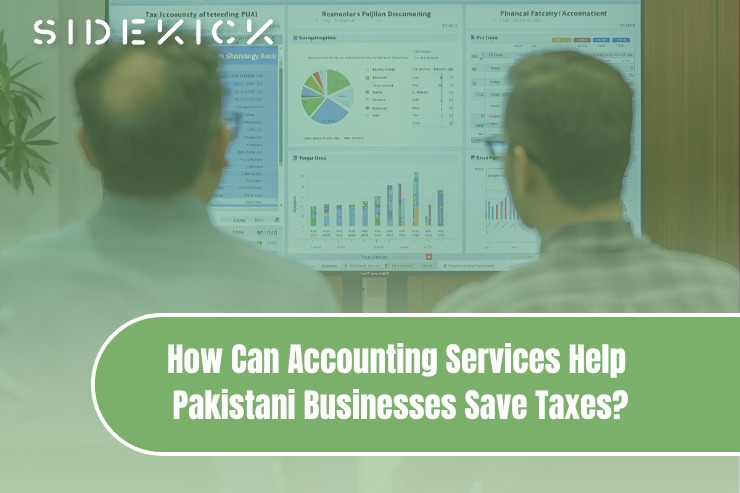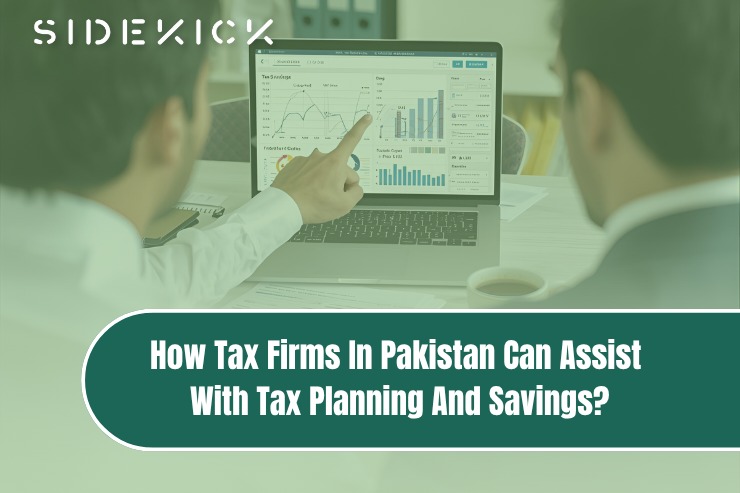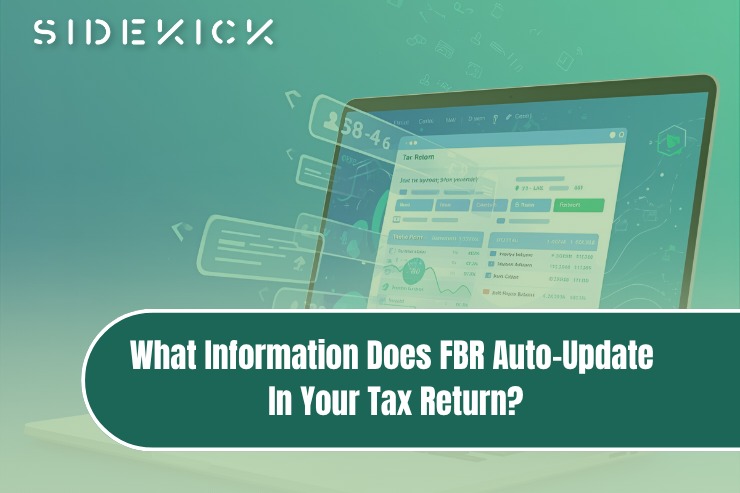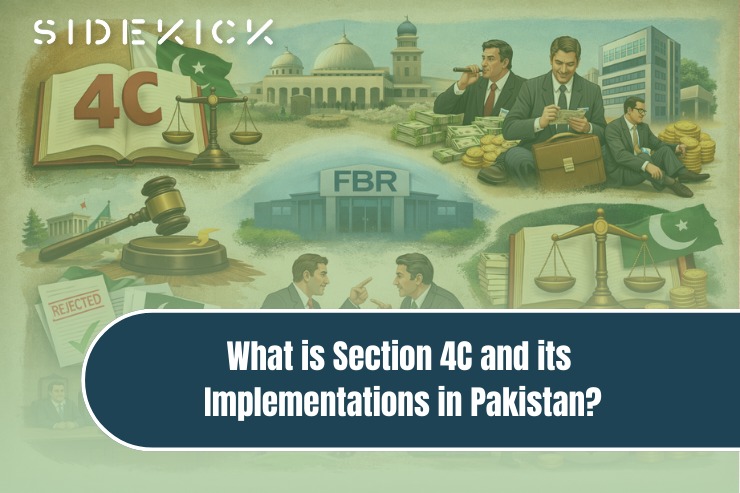Value Added Tax (VAT) is a tax levied on the value added at each stage of the production and distribution process. It is a tax on consumption that is paid by the end consumer but collected by businesses. VAT is a popular tax system around the world, and many countries have implemented it to generate revenue for the government. In Pakistan, VAT is known as the Sales Tax on Services, and it is imposed on goods and services at a federal level. In this blog post, we will discuss the basics of VAT for businesses in Pakistan.
What is VAT?
Value Added Tax is a consumption tax that is based on the value added to a product or service at each stage of production or distribution. It is a tax on the value added by the business at each stage of the supply chain. For example, if a manufacturer produces a product and sells it to a distributor, the manufacturer will charge VAT on the sale price. The distributor will then add their value to the product and charge VAT on the new sale price. The final consumer will then pay VAT on the full sale price.
VAT is a tax on the end consumer, but it is collected and remitted by businesses at each stage of the supply chain. VAT helps to eliminate the cascading effect of taxes, where the tax is charged on top of tax, leading to a higher overall tax burden.
How does VAT work in Pakistan?
In Pakistan, VAT is known as the Sales Tax on Services, and it is levied on goods and services at a federal level. The current rate of Sales Tax on Services in Pakistan is 17%. The tax is collected by businesses and remitted to the Federal Board of Revenue (FBR).
Who is required to pay VAT in Pakistan?
Businesses that provide taxable services are required to pay VAT in Pakistan. Taxable services include:
· Advertising services
· Construction services
· Courier services
· Educational services
· Health services
· Hospitality services
· IT services
· Legal services
· Telecommunication services
· Transport services
If a business provides any of the above services, they are required to register for VAT and charge the tax on its sales. Businesses that have an annual turnover of less than PKR 5 million are exempt from VAT registration.
Need Help About VAT?
Get in Touch
Fill out the form below, and we will be in touch shortly.
How to stay compliant with VAT in Pakistan?
To stay compliant with VAT in Pakistan, businesses need to follow the following steps:
Register for VAT
Businesses that provide taxable services must register for VAT with the FBR. The registration process is done online, and the business must provide all the required information, including their business details, bank account information, and tax identification number.
Charge VAT on sales
Once a business is registered for VAT, it must charge the tax on its sales. The tax should be shown separately on the invoice, and the business must collect the tax from the customer and remit it to the FBR.
File VAT returns
Businesses that are registered for VAT must file monthly or quarterly VAT returns with the FBR. The VAT return should include all the VAT collected and paid during the period. If there is any VAT liability, the business must pay it to the FBR.
Maintain proper records
To stay compliant with VAT in Pakistan, businesses must maintain proper records of all their transactions. The records should include invoices, receipts, bank statements, and other relevant documents.
VAT is an important tax system that is used by many countries around the world, including Pakistan. The Sales Tax on Services is a form of VAT that is levied on goods and services at a federal level. Businesses that provide taxable services are required to register for VAT, charge the tax on their sales, file VAT returns, and maintain proper records.
Sidekick Services
Sidekick is a professional service provider that offers a wide range of services, including taxation, accounting, bookkeeping, and more. Our team of experienced professionals can help businesses navigate the complex tax laws in Pakistan and ensure they stay compliant with VAT regulations.
VAT compliance can be a daunting task for businesses, especially for those that are not familiar with the tax system. That’s where Sidekick comes in. Our team can help businesses with VAT registration, VAT returns filing and record-keeping. We can also provide advice on VAT planning and optimization to help businesses minimize their tax liability.
In addition to VAT services, Sidekick also offers other taxation services, including income tax, withholding tax, and corporate tax. Our team can help businesses with tax planning, tax compliance, and tax dispute resolution. We stay up-to-date with the latest tax laws and regulations to ensure our clients receive the best possible advice and support.
At Sidekick, we understand that each business is unique, and that’s why we offer tailored solutions that are customized to meet the specific needs of each client. Whether you are a small business or a large corporation, we can provide the right taxation services to help you achieve your financial goals.
In conclusion, VAT is an important tax system that businesses in Pakistan must comply with. Sidekick offers a range of VAT and taxation services to help businesses navigate complex tax laws and stay compliant. Our team of experts can provide the right advice and support to help businesses minimize their tax liability and achieve their financial goals. Contact us today to learn more about our services.

